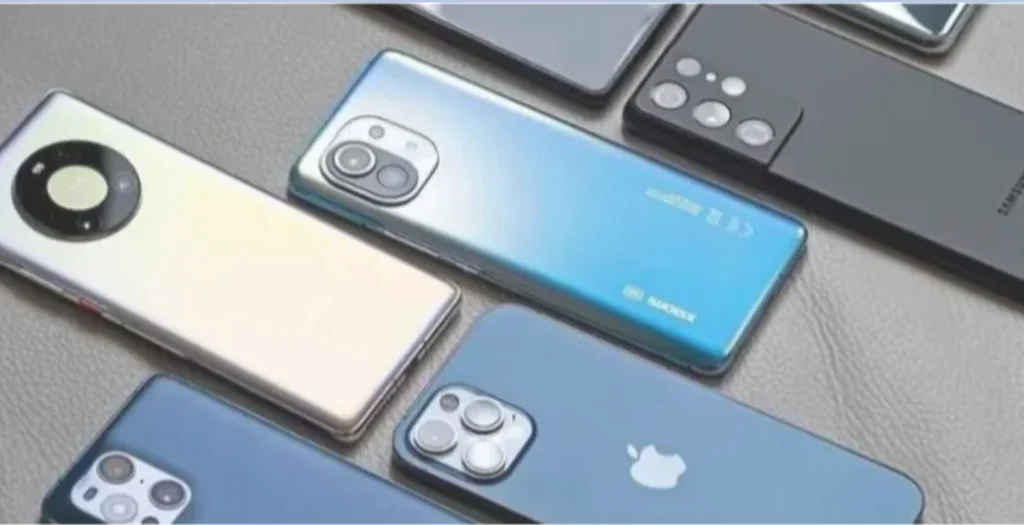Frustrated by Fast Battery Drain? You’re Not Alone
If you’ve ever fully charged your smartphone only to see it drop to 30% in a few hours, you’re not imagining things. For many Nigerian smartphone users, poor battery life is a daily frustration, especially when mobile devices are essential for banking, work, and staying connected.
But here’s the truth: while hardware plays a role, how you use your smartphone has a greater impact on battery performance than you might think.
1. The Hidden Cost of Fast Charging
In a world where fast charging is marketed as a feature, few users realise it comes at a price. Fast chargers — especially third-party ones — can damage your battery health over time.
Why does it happen?:
- Lithium-ion batteries degrade faster when frequently exposed to high-speed charging.
- Fast charging generates more heat, which contributes to thermal stress on the battery.
Pro Tip:
Use a standard charger or charge through a laptop USB port when possible. It may take longer, but your battery health will benefit long-term.
2. Background Apps Are Draining You Silently
Smartphones in 2025 run on AI and machine learning, but even the smartest systems don’t always close background apps efficiently.
Major battery-drainers include:
- Social media apps like Facebook, Instagram, and TikTok
- Navigation apps like Google Maps
- Messaging platforms like WhatsApp and Telegram
Solution:
Regularly go to your app settings and restrict background activity for non-essential apps. Studies show this can extend battery life by up to 20%.
3. Screen Brightness: AMOLED Beauty vs Battery Beast
Modern smartphones come with AMOLED, OLED, and Super Retina displays — stunning, but power-hungry.
Walking around with full brightness all day can cut your battery life significantly.
Tips to save power:
- Enable adaptive brightness
- Manually lower your brightness indoors
- Use dark mode where possible
4. Heat: Nigeria’s Climate Is a Battery Killer
Nigeria’s hot weather is not just uncomfortable — it’s bad for your smartphone, especially when charging.
Battery damage can occur from:
- Leaving your phone in a hot car or under the sun
- Charging without proper airflow or ventilation
- Storing your phone near heat sources
Pro Tip:
Avoid charging your phone under your pillow or on soft surfaces. Keep it in a cool, dry place and unplug after full charge to prevent thermal stress.
5. The Myth of Safe Overnight Charging
Some modern smartphones boast smart overnight charging, stopping at 80% and topping up before morning. But even with these advancements, charging overnight can still reduce long-term battery health.
Lithium-ion batteries are not meant to stay at 100% for extended periods, as it speeds up chemical ageing.
Better option:
Charge to around 80–90% during the day and unplug once full whenever possible.
Why Battery Care Is a Smart Investment
With smartphones costing ₦200,000 or more, battery care is not just about convenience — it’s about protecting your investment.
Battery replacements are often expensive or not even possible for sealed devices. Learning basic battery health habits helps prolong your phone’s usability.
Your Battery Reflects Your Habits
No matter how advanced smartphones become, user behaviour remains the most critical factor in battery longevity.
To improve your battery life:
- Avoid fast charging too often
- Close background apps manually
- Lower screen brightness
- Prevent overheating
- Avoid overnight charging when possible
These tips are backed by battery researchers and real-world experience, and they work.



